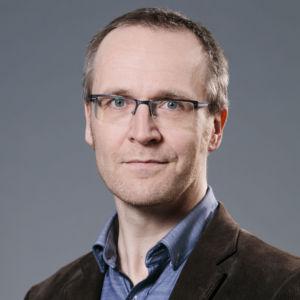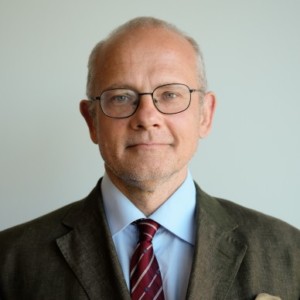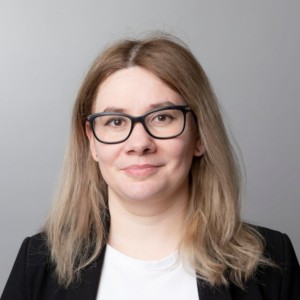Russiaʼs failed special operation aimed at defeating Ukraine within days has grown into a year-long war of the scale which Europe has not experienced since World War II. The invasionʼs colossal negative consequences for Russiaʼs relations with the West and country’s international status quickly gave birth to speculations about fatal consequences for Putinʼs internal political positions. However, the expectations of massive defections among the elites or large-scale protests have not materialized so far. Instead, the observed radicalization of the political leadershipʼs rhetoric and public discourse, as well as the unprecedented repressions against the critics of the war, raise the question as to how the legitimacy of Putinʼs power and a new social normal is being built around the war. The key challenge the Kremlin is facing is how to reconcile the now required comprehensive militarization of the society with the political passivity of the citizens that has hitherto consolidated Putinʼs power.
This webinar examines how Russia has changed over the course of its aggressive war against Ukraine. As the long-standing confrontation with the West has reached a level of an unrestrained ideological war against it, imposed at the society at all levels, is the Kremlin transforming into an ideological dictatorship, a fascist regime of the 21st century? Is the eliteʼs militaristic adaptation dependent only on Putin, or does it have a seedbed in society more broadly?
PROGRAMME:
Speakers:
Jussi Lassila, Senior Research Fellow, FIIA
Andreas Umland, Analyst, Swedish Institute of International Affairs/Associate Professor, National University of Kyiv-Mohyla Academy
Comments & chair:
Margarita Zavadskaya, Senior Research Fellow, FIIA



